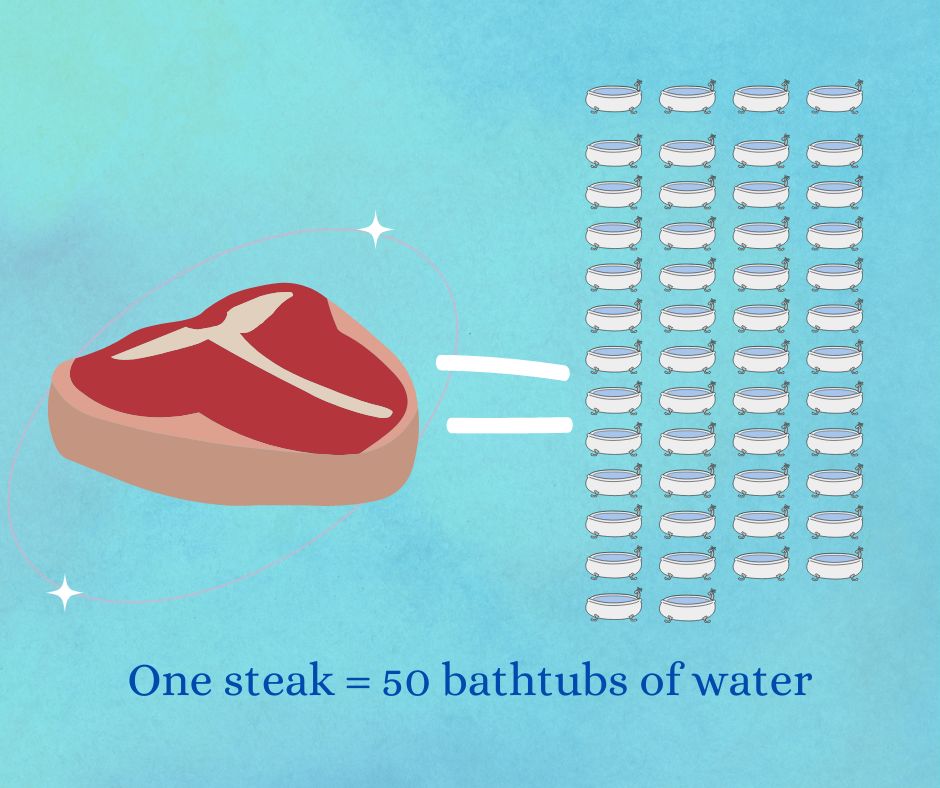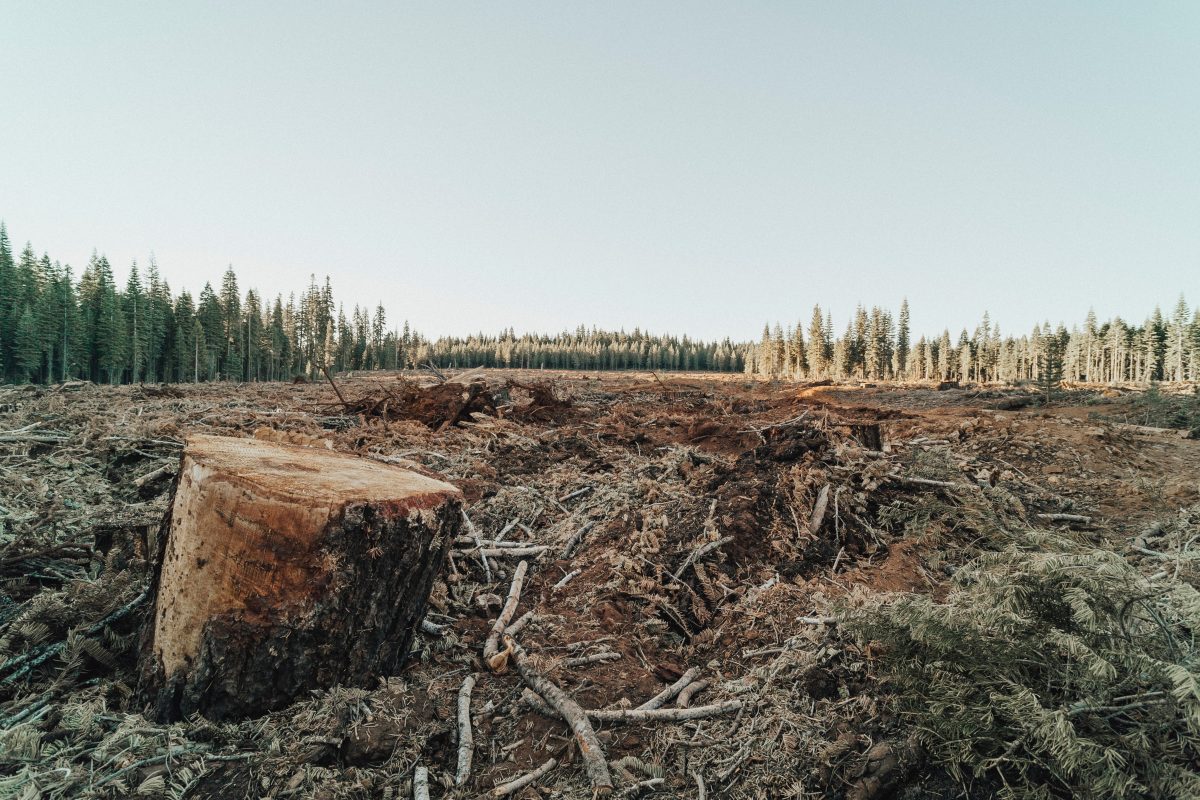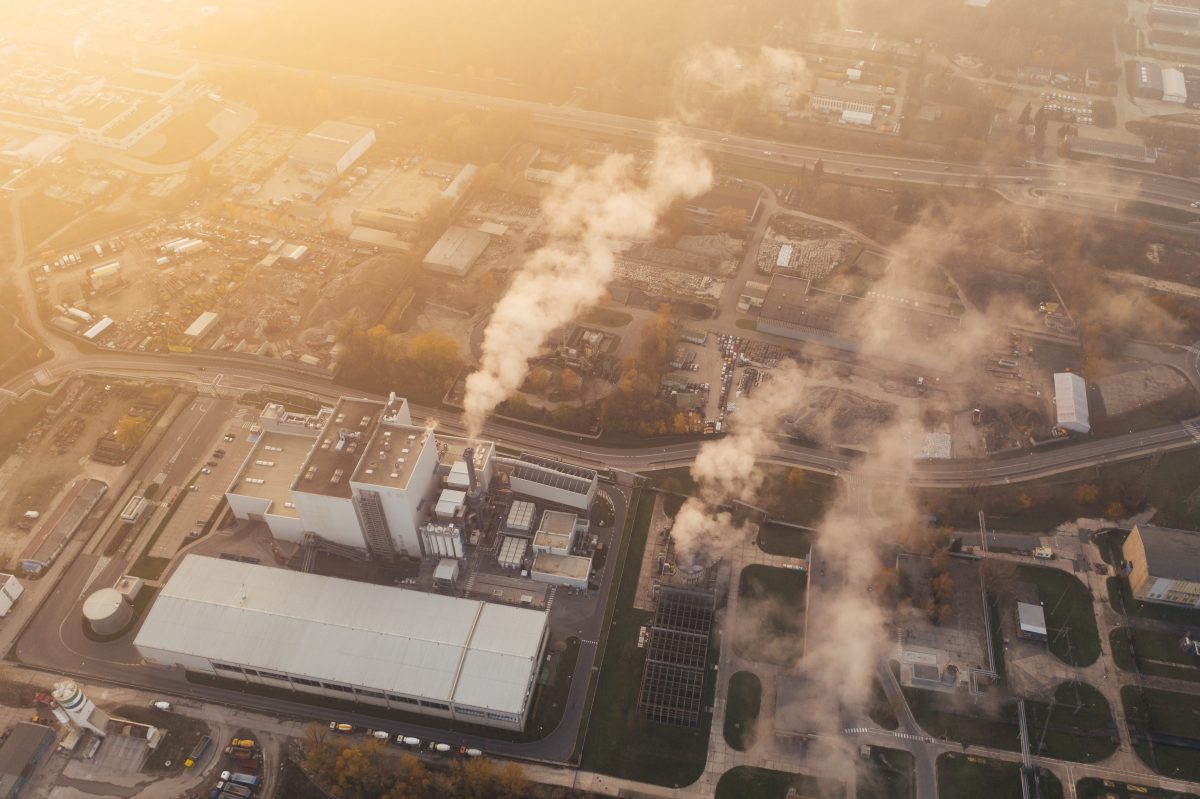For many meat eaters, a burger takes up the space of a box and the impact that burger has is limited to their physical experience of it.
However research shows a single kilo of beef, creates 70kg of greenhouse gas emissions and requires around 15,000 litres of water.
According to an article in the Smithsonian magazine meat consumption dates back to 2m years ago.
But in recent years the advancement of technology has expanded the level of meat consumption and the pace at which it is produced.

However for as long as there has been meat consumption, there has also been the decision to follow a plant based diet, getting the nutrients needed for human function directly from the source.
One of the reasons people choose to go vegan is the impact meat consumption has on the environment.
Deforestation

Deforestation is an impact of meat production which threatens the existence of many animals and the biodiversity within these animal communities.
Removing trees to replace them with land for cattle has an impact because a lack of trees means the air is not being filtered of its toxins.
These toxins include the CO2 which is produced by meat production.
As well as the land being taken up by cattle, the land is also used for grain production specifically to feed those cattle.
This takes up more of our limited resources and directs them towards meat production.
Greenhouse gases

The Guardian shared a study published by Nature Food done in 2021, which found meat production accounts for 60% of all greenhouse gases.
Greenhouse gasses are gasses that trap heat within the Earth’s atmosphere and result in the process of global warming.
CO2 is one of the main gasses produced by meat production, but methane and nitrous oxide are also produced.
These gases are produced at double the rate with meat production over plant-based production.
What can we do to help?
As complicated as the issues of meat production, the answer is simple.
Eat less meat.
A simple switch to one plant based meal a week can help save thousands of litres of water and acres of land.
It is no question that veganism takes dedication and that not everyone will be able to manage it.
However, if you’d like to still play a role in saving the environment, switching out some of your beef patties for a plant-based alternative might just be the way forward.

